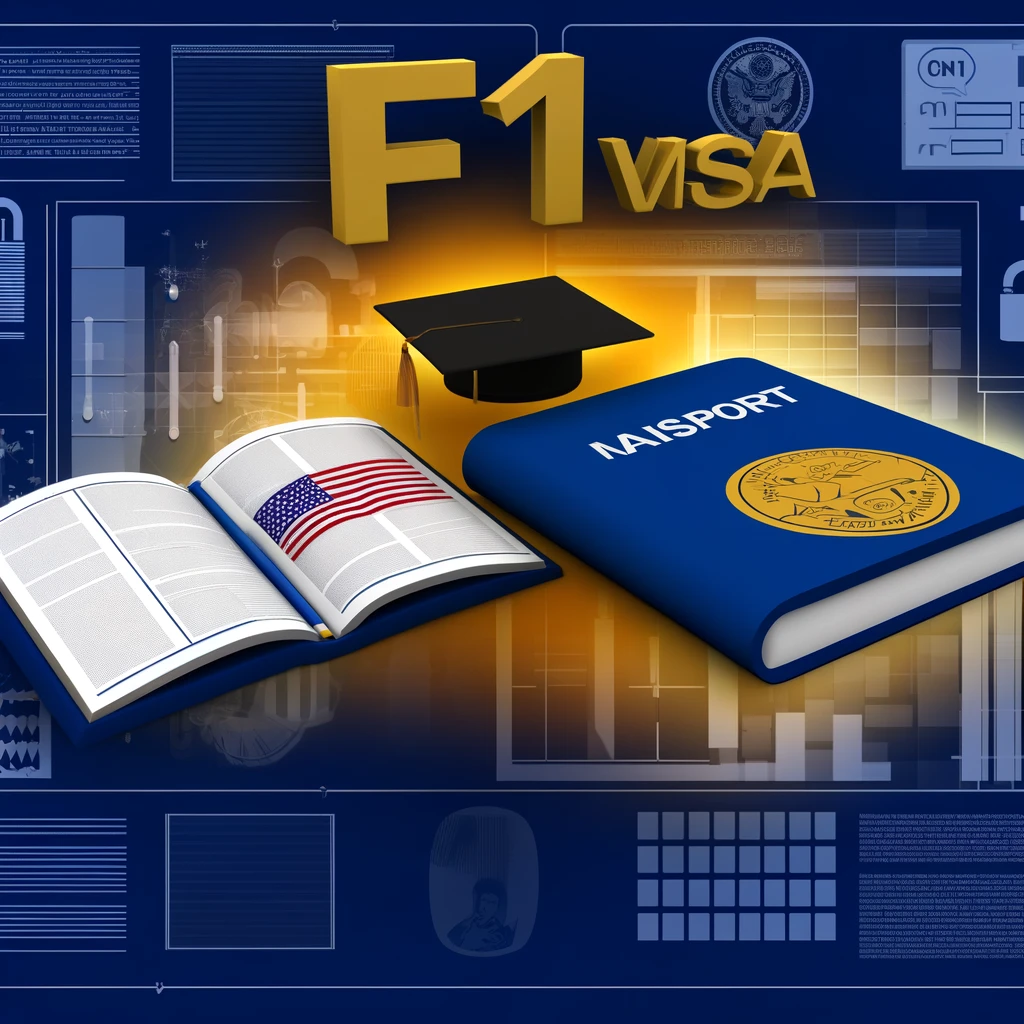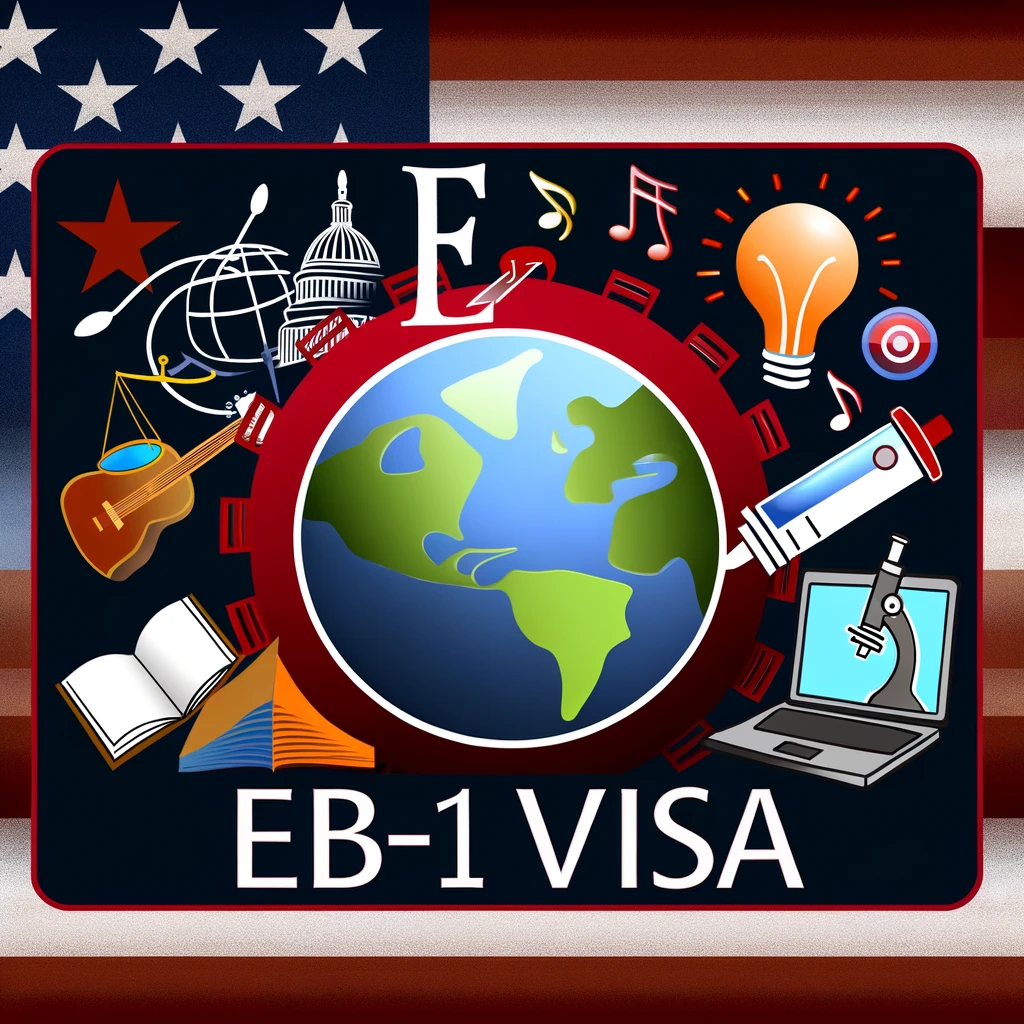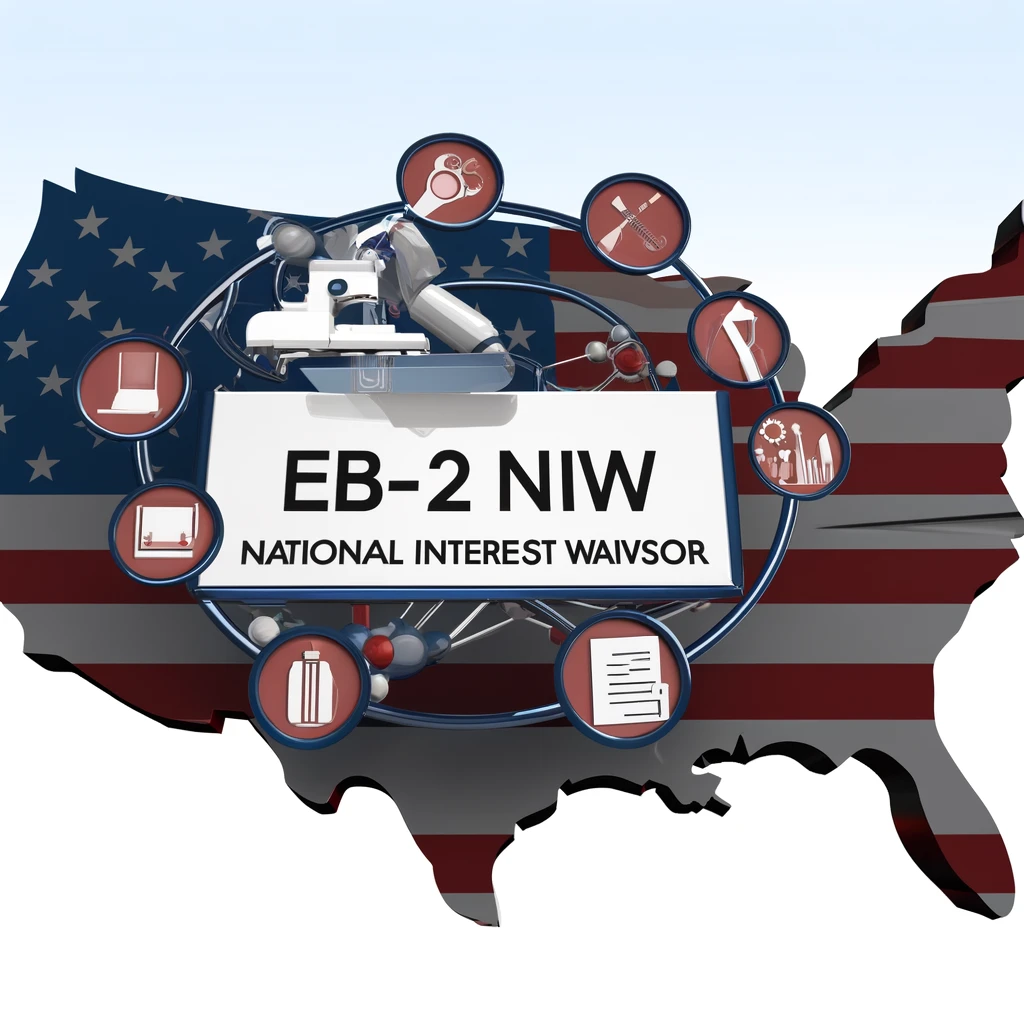Any international student wanting to study in the USA will need to obtain a student visa for the USA. Most students are issued with an F1 visa, and the general outline/process flow for obtaining an F1 visa is as follows:
Be Accepted at an SEVP-Approved School
To begin your application for an F1 student visa to the USA, you must first apply to and receive acceptance from a school that is certified by the Student and Exchange Visitor Program (SEVP).
Pay Your SEVIS Fee and Receive Your I-20 After being accepted by an SEVP-certified school, you are required to pay the SEVIS I-901 Fee to be registered in the Student and Exchange Visitor Information System (SEVIS). Subsequently, your school will issue a Form I-20, which you must present to the consular officer during your F1 visa interview. If your spouse and/or children will join you in the USA while you study, they must also obtain individual Form I-20s, although they do not need to be registered in SEVIS.
Complete the Visa Application The process for applying for an F1 student visa can vary by U.S. embassy or consulate. You will need to pay a non-refundable visa application fee and complete the online visa application, which includes filling out and printing the Form DS-160 to bring to your visa interview.
Schedule and Prepare for Your Interview You can schedule your F1 visa interview at a U.S. embassy or consulate. Wait times for interviews can vary, so it’s advisable to apply early. An F1 student visa can be issued up to 120 days before your course start date, and you can enter the US with an F1 visa 30 days before your start date. Be prepared to answer questions about your study plans, post-graduation plans, and financial status. If previously denied, review what could have been improved in your application and consider consulting with an immigration attorney.
Required Documents for Your F1 Visa Interview
- A valid passport
- Form DS-160, Nonimmigrant Visa Application
- Payment receipt for the application fee
- A passport photo
- Form I-20, Certificate of Eligibility for Nonimmigrant (F1) Student Status Additional documents that may be requested include academic transcripts, diplomas, standardized test scores (TOEFL, SAT, GRE, GMAT), and proof of financial stability and intent to depart the U.S. after your studies.
Attend Your F1 Visa Interview The interview will determine your eligibility for an F1 visa. Be prepared with all the necessary documents and a clear understanding of your educational goals and financial plans. If approved, you may need to pay a visa issuance fee, and your passport will be collected for visa stamping. You’ll be informed when and how you can retrieve your passport with the visa.
Important Considerations Remember, visa issuance is not guaranteed. Do not make final travel plans until your visa is approved. If denied, you will receive an explanation based on the specific law applicable to your situation. In some cases, you may be eligible to file for a waiver of ineligibility.
Visa Interview Tips Check out common questions asked during an F1 visa interview to better prepare.




